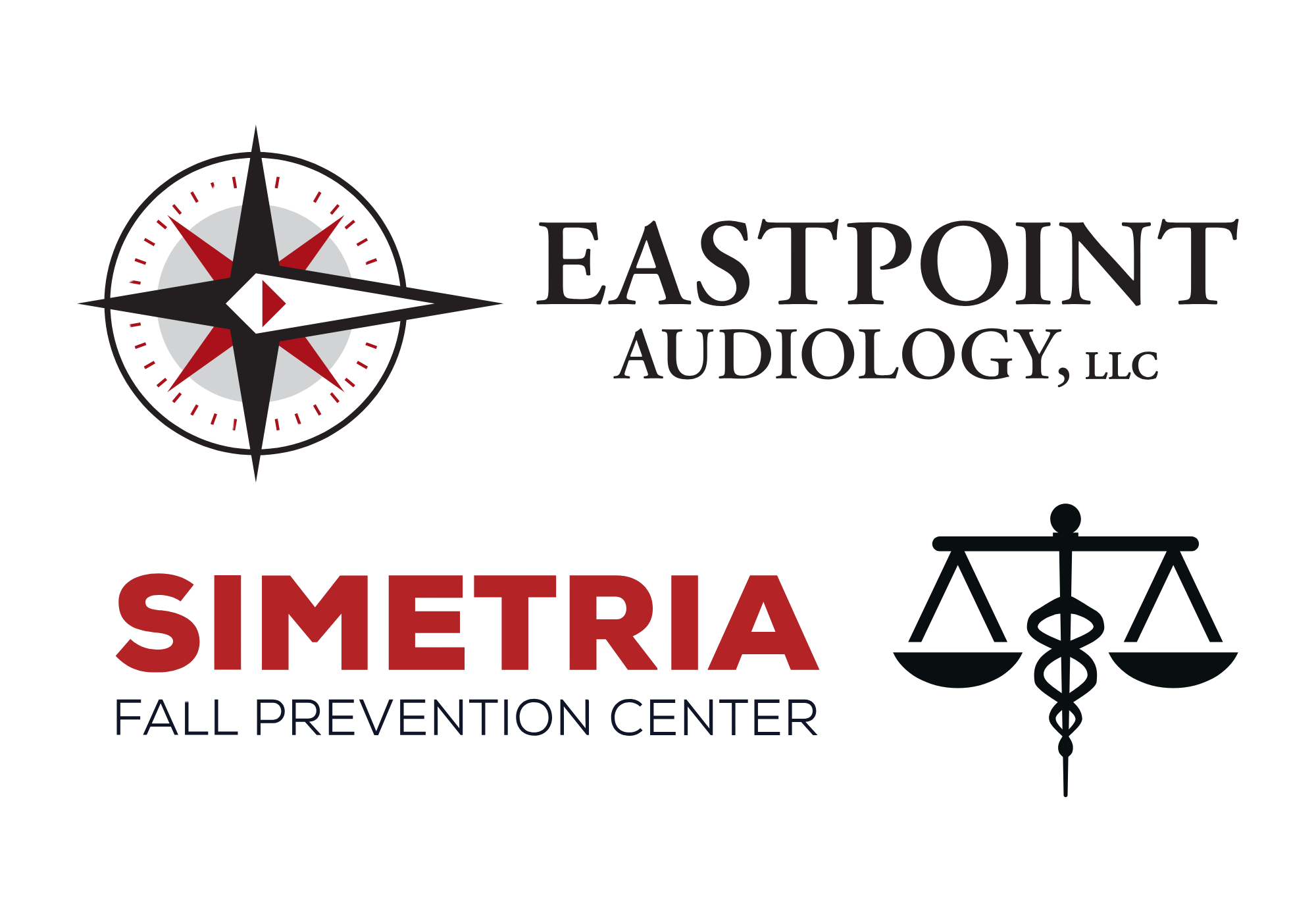Hearing loss is usually seen as a condition affecting just your ears. However, studies reveal that untreated hearing loss can significantly affect your mobility, suggesting that poor hearing could make simple tasks, like standing up from the couch, more challenging. How does your hearing relate to your capacity to move?
This article will go over the repercussions of not addressing hearing loss on one’s ability to move around, its impact on general well-being, and the relevance of acting to protect both hearing and mobility.
Connection Between Hearing Loss and Mobility
It’s common to view the body as a group of distinct, separate components, with each area, like the ears and feet, requiring the skills of different medical professionals. But in reality, our bodies are intricately interconnected, and issues in one area can influence others in unanticipated ways. As a result of this, researchers began looking into the relationship between hearing impairment and mobility, particularly in terms of general physical capabilities and activity.
Researchers discovered that people who did not obtain treatment for their hearing loss faced greater challenges with moving around, according to a study that followed more than 2,000 people. This included problems with balance, walking, and doing day-to-day activities. The reasons for this connection are still being studied, but a number of explanations have been proposed:
- Shared Underlying Causes: A potential common thread between hearing loss and decreased mobility is the presence of inflammation, a widespread underlying factor that plays a role in various health problems. When inflammation occurs in the body, it can have an impact on both hearing and general physical health.
- Inactive Living and Social Separation: Neglected hearing loss often leads to social isolation. People experiencing hearing challenges may decide to isolate themselves from social gatherings, which can lead to reduced levels of physical activity and an additional reduction in mobility. Lengthy periods of inactivity can lead to muscle and joint atrophy, producing a negative trend of decreased mobility.
- Age-Related Factors: Age-Assosiated factors like hearing loss and mobility issues are prevalent as we get older, and often, these issues occur simultaneously. Even when considering the impact of age, a considerable connection remains between aging and the deterioration of both hearing and physical abilities.
While various theories have been put forward, researchers continue to investigate the precise nature of the connection between hearing impairment and mobility, as the causal link between the two is not fully recognized. Nevertheless, it is apparent that the two conditions commonly occur together.
Repercussions of Unaddressed Hearing Impairment
Failing to address hearing loss can have significant consequences that go beyond impaired hearing. Some of the considerable health effects linked to hearing loss include:
- Chronic Tiredness: Continuous mental effort to hear can result in physical and mental exhaustion. This can result in exhaustion and reduce overall stamina, impacting day-to-day activities, including movement. This may reduce overall energy levels and lower endurance, impacting day-to-day activities such as physical movement.
- Mental Health Struggles: Long-lasting untreated hearing loss has been connected to a higher danger of depression and anxiety. The solitude that often accompanies hearing loss can exacerbate these mental health issues, leading to a vicious cycle of emotional and physical decline.
- Cognitive Decline: Research indicates a powerful association between untreated hearing loss and an increased danger of experiencing Alzheimer’s disease and other kinds of dementia. Although the exact mechanism is uncertain, the strain on the brain as a result of hearing loss might contribute to cognitive decline.
- Social Isolation: Those with untreated hearing loss frequently avoid social interactions because they have difficulty following discussions. The resulting loneliness can intensify existing physical and mental health issues.
These interconnected effects highlight the significance of dealing with hearing loss as soon as possible. Ignoring hearing impairment can add to a cascade of health issues that affect both mental and physical health.
Seeking Treatment for Hearing Loss to Enhance Mobility
Luckily, treating hearing loss can positively impact one’s overall health, including your ability to move about more easily. A lot of individuals get relief by seeking advice from a hearing professional and investing in custom-fitted hearing aids. These devices can help people hear more clearly, which can improve mental interaction, reduce social seclusion, and potentially slow the advancement of associated health conditions.
While there is no solid evidence linking the use of hearing aids to improved mobility, it is logical to presume that people who are socially active and mentally engaged are likely to see favorable effects on their physical mobility as well. Moving more often, whether through exercise or merely being active in social situations, can help maintain joint function and reduce the risk of immobility.
Beyond hearing aids, prevention is key. Protecting your hearing from loud environments and using ear protection in loud spaces can help avoid further damage. Additionally, routine hearing assessments are vital to recognize hearing loss early, particularly as you age. Avoiding or managing hearing loss in its early stages can mitigate the impact it has on your physical and mental health.
Prioritize Your Hearing Health for Increased Mobility and Total Well-Being
The link between untreated hearing loss and reduced mobility is clear, and it highlights the significance of taking proactive steps to maintain your hearing health. By managing hearing loss with hearing aids and routine screenings, you can preserve not only your ability to hear but also your physical mobility and overall quality of life.
Don’t hesitate to take action if you or somebody close to you is experiencing hearing troubles. Find help from a hearing specialist near you now to strengthen your hearing, mobility, and health.

